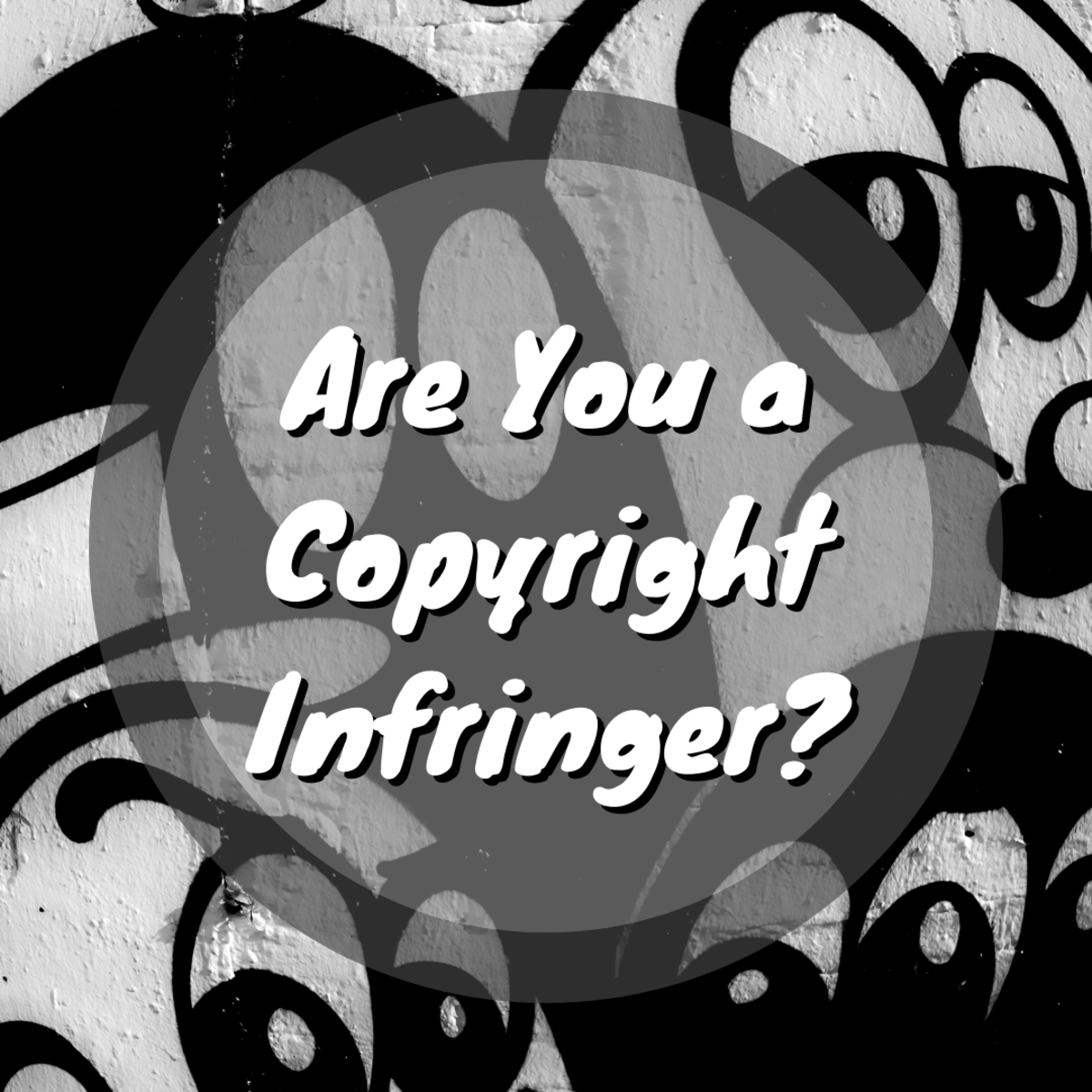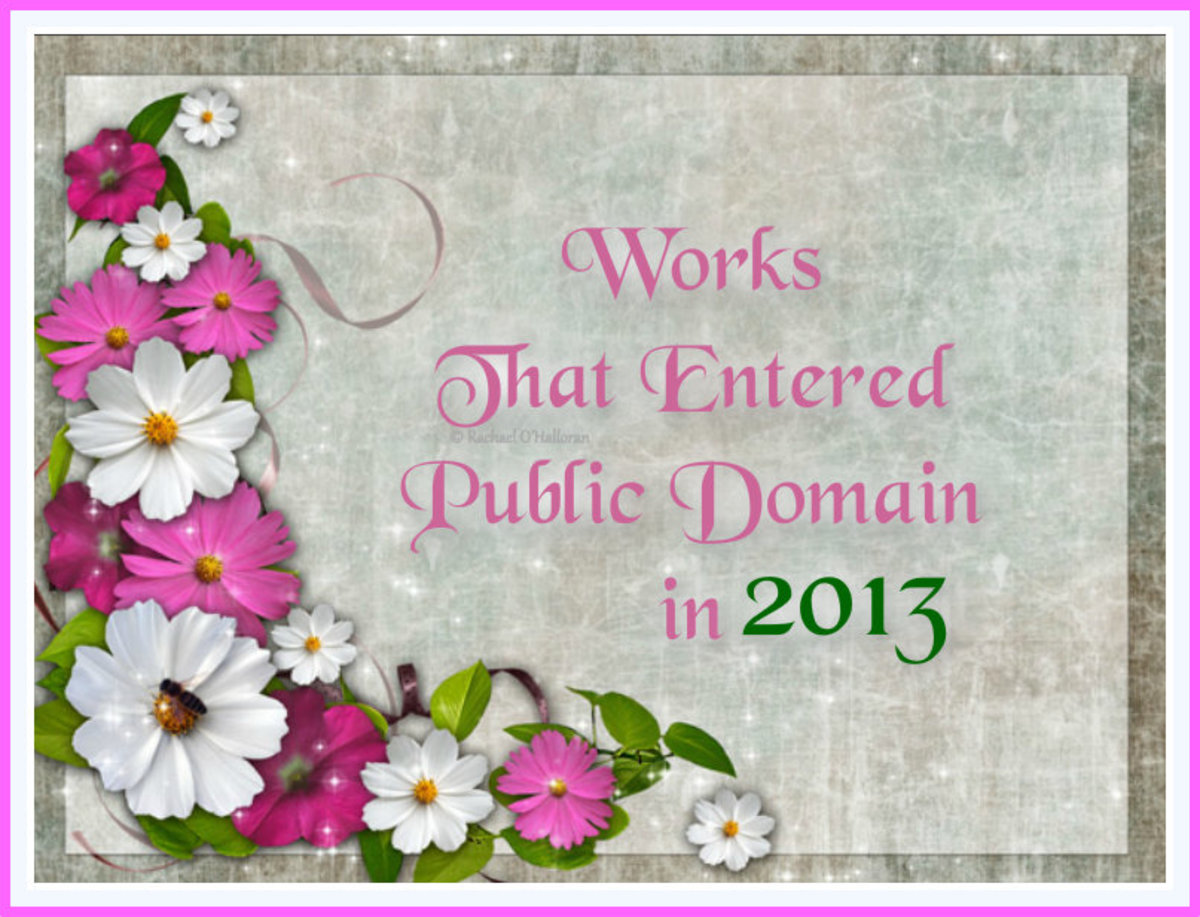Legal and Ethical Issues of Blogging

Issues in Blogging
I was searching for new ideas for my blog article, and I remembered in one of the guest posts of Sriram in bivori.com, he mentioned that Yahoo Answers could serve as one of the sources of new ideas. One question that interests me in Yahoo Answers is about legal and ethical issues in blogging. Since I rarely encounter this subject matter in other blogs that I usually visit, I created this post to discuss it.
Below are the common legal and ethical issues that are related to blogging that we must understand if we want to be successful (or at least survive) in the blogging arena.
1. Copyright and Fair Use
Once a work is created, such as blogs, a copyright already exists. Copyright simply states that work is owned by its author. Since bloggers like us tend to outsource articles, it does not mean that we cannot own the articles we outsource. Those who pay for the articles owns the copyright and not those people who are hired to create the work.
Copyright laws discourage anyone from copying individuals work without his/her permission. Therefore, it enforces owners exclusive rights to their works. One of the exemptions to copyright are those considered under fair use, works under public domain and the works of U.S. Federal Government
Fair Use is an ambiguous area and a restriction of copyright law. Reproduction of work from anyone is considered under fair use if used for the following purposes: research, scholarship, news reporting, criticism, and comments. The Fair Use concept is an ambiguous area because the law does not have the clear or definite distinction between fair use and copyright infringement.
Even though we acknowledge the source of information, it does not signify that no copyright infringement happened. So asking the permission first of the author is a recommended before copying their content to your blog. However, we are allowed to copy facts and ideas. Copyright only protects the expression of that information but not the facts and ideas themselves.
For instance, one blog wrote something about Benefits of Blog Commenting, and another blog wrote about the same idea. No copyright infringement happened since benefits of blog commenting is an idea and a fact that can be written by anyone. Copyright infringement will only exist if the second blogger obviously copied the content of the original author and only made some additions without asking the permission. In other words, if you want to write something about Benefits of Blog Commenting, you must write it based on your experience and your perspective.
Additionally, information that almost everyone knows such as blog commenting can increase traffic are not also protected by copyright since they are considered facts and ideas. I mean seriously, nearly every blogger I know stated that in their blogs so who would claim it?
For more information about Fair Use and Copyright check out my source, copyright.gov.
2. Creative Commons and Public Domain
Creative Commons is one of the exemptions of copyright. The main purpose of it is to allow sharing creativity to the world. If you will allow your readers to copy from your blog without the need to ask permission, then Creative Commons license is for you. Creative Commons has different types, and this will be discussed in a separate article. This site will help you produce a specific Creative Commons license based on your needs.
Public Domain is another restriction of copyright law. It can be acquired and used freely without the need of attribution, royalties or even permission. Work can only be considered as public domain if it belongs to the following categories:
U.S. government works
anything that was created before copyright laws took effect
names, slogans, and phrases
works that have expired copyright protection such as Moby Dick
the owner choose to make his work as a Public Domain
works that are not protected by copyright such as generic information, facts, discoveries and ideas
Anything that is acquired for free does not mean it already belongs to the Public Domain. One good example is the ebooks we download once we subscribe to bloggers newsletters. We are only allowed to use them as stated in the ebook, but we are not allowed to distribute it without the author's permission. We can only distribute them if the author specified to do so.
Check out this site since this provides a more definite and clear explanation about public domain and copyright laws.
3. Plagiarism
This word is one of the most notorious not only in the blogging word but also in academics. Expulsion is usually the punishment against students and even professors who committed such act. It is also considered as unethical in the world of journalism. Plagiarism exists if someone claimed that such information is his/her original idea even though it is not. If you failed to cite the right source of information, it is also considered plagiarism.
Freelance writers like me avoid Plagiarism like plague. To prevent such unethical action, proper citation and attribution are necessary. Exemption to plagiarism are generic information or common knowledge that almost every blogger knows such as Global warming changes weather patterns, Google often changes their rules related to SEO, Samsung is using an Android operating system, and Google does not update Page Ranking yet as of this writing.
4. Blog Spamming
They can be in the forms of Trackbacks and blog comments. It is considered unethical since they are implemented in a selfish manner to gain backlinks even though it does not add value to the site where they comment. Blog spamming is not yet considered as a legal matter as of this writing. States within the U.S. only have laws against spamming in email and text messages but not against blog spamming. It is not clear though if the Canadian laws against spamming also cover blog spamming. For more information about blog spamming, check out this article.
5. Paid Reviews and Affiliate Marketing
These are the two forms of blog monetization, but it also involves ethical issues. In paid reviews, it is important that the authors state that their article is indeed a paid review and the actual advantages and disadvantages of the product they review should be disclosed. In the first place, no product is perfect, so there is always a disadvantage/limitations of using that product. In affiliate marketing as well as in paid reviews, bloggers should try the product first before selling it to their audience.
6. Libel and Online Defamation
Libel just means making the false statement in print form against any entity, whether a person, group or against an organization that can ruin their reputation. Online defamation is an electronic form of libel. To defend yourself from online defamation, you must prove that the statements you expressed are true although it may be expensive and difficult to do so. Therefore, before making any statements against anyone, make sure that your source is reliable.
Do you know any legal or ethical issue not stated in this article, if you do, please share it in the comment section below.








